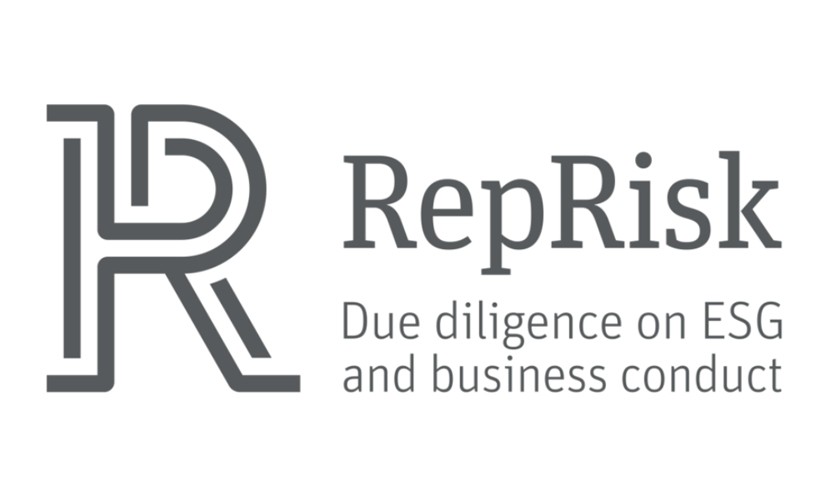New research from RepRisk, the world’s most respected DaaS company for reputational risks and responsible business conduct, shows that the global share of companies linked to both greenwashing and biodiversity risks has doubled over the past five years – from 3% in 2021 to 6% in 2025. RepRisk’s fourth annual report on greenwashing – focusing on the link between greenwashing and biodiversity risks – indicates that rising awareness of nature-related risks and the adoption of “nature positive” strategies are increasing pressure on companies to demonstrate progress, which, at times, results in claims that are overstated, vague, or misleading.
“As biodiversity rises on board agendas, so does public scrutiny – and the price of greenwashing is paid in reputation and revenue,” comments Philipp Aeby, CEO and Co-founder at RepRisk. He continues, “Greenwashing feeds on corporate narratives, so transparency demands data beyond company claims to ensure better performance and peace of mind.”
RepRisk data shows that biodiversity risk exposure has consistently ranked among the top environmental issues over the past five years. In 2025, it accounted for 38% of flagged issues, ahead of local pollution (33%) and waste (17%).
While the banking, asset management, and financial services sector have a limited direct impact on biodiversity, they remain exposed to biodiversity and greenwashing risks due to its notable enabling role through financing and investment decisions. In 2025, 294 companies across the sector were flagged for greenwashing risk – a 19% increase from 248 the previous year.
The data in the figure above highlights diverging regional trends: while the EU has seen a steady decline in greenwashing risk since 2023, both the US and UK have experienced notable increases over the past year. In the US, greenwashing risk exposure increased to more than 4% in 2023, eased slightly in 2024, and climbed again in 2025 – underscoring persistent challenges despite heightened scrutiny. The UK follows a similar pattern, though at slightly lower levels, whereas the EU’s downward trend suggests stronger compliance and enforcement measures.
Greenwashing can be a recurring feature of business conduct. Airlines illustrate this persistence: nearly seven in ten companies in the sector flagged for greenwashing risk in 2024 were flagged again in 2025, find the graphic in the report.
